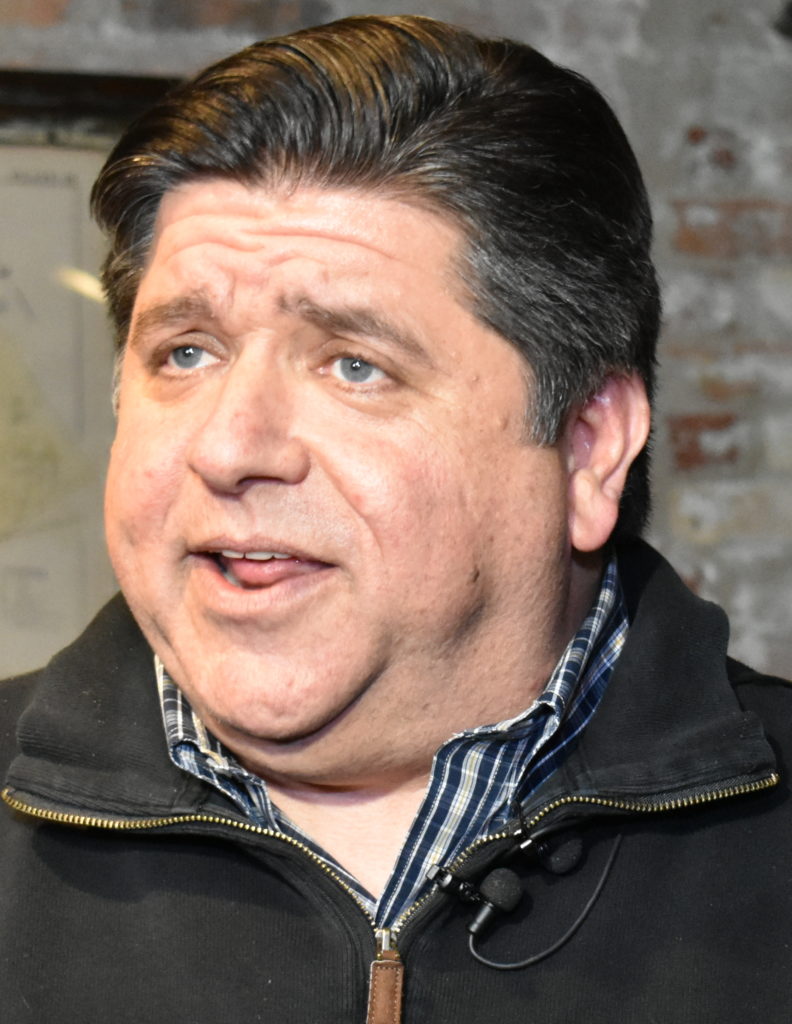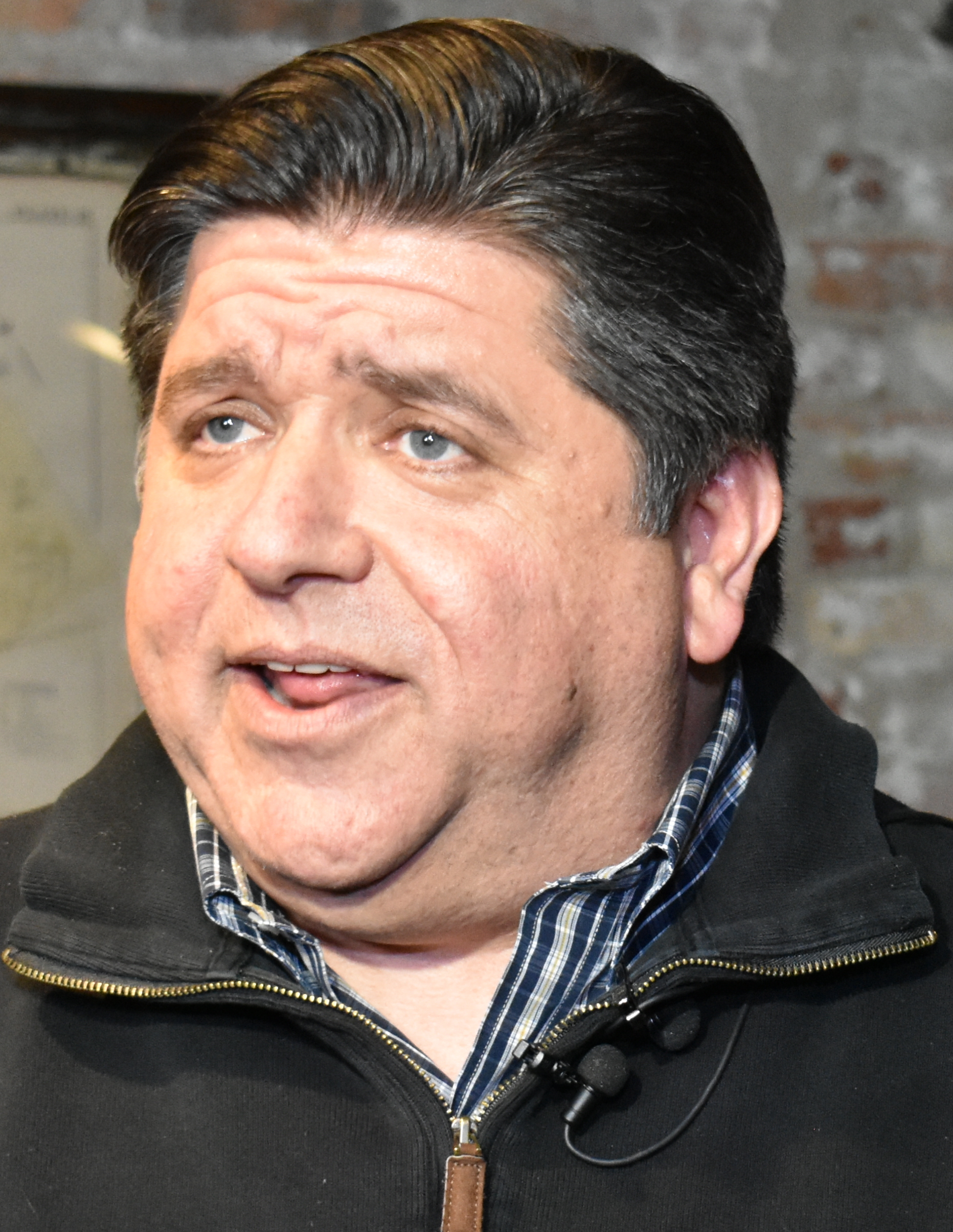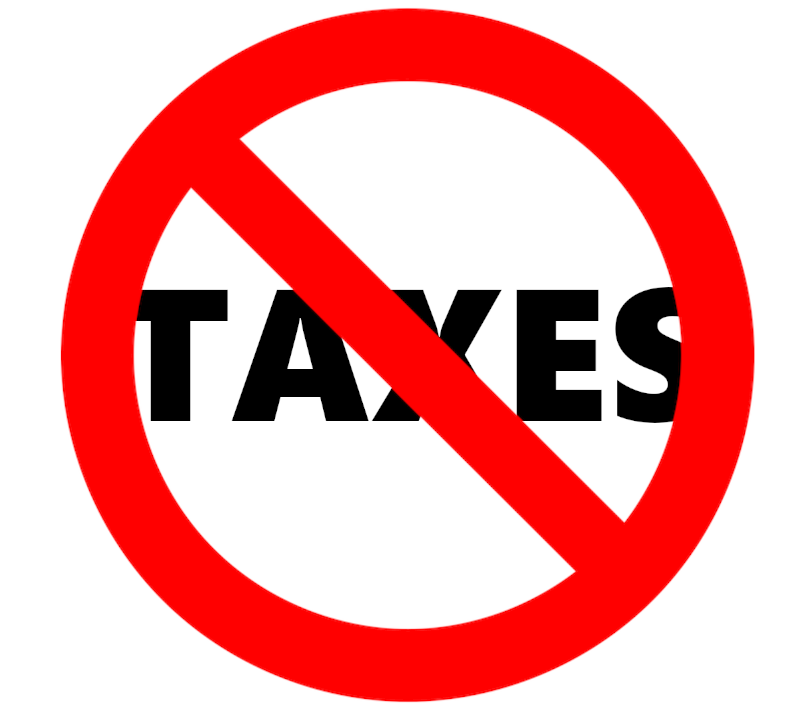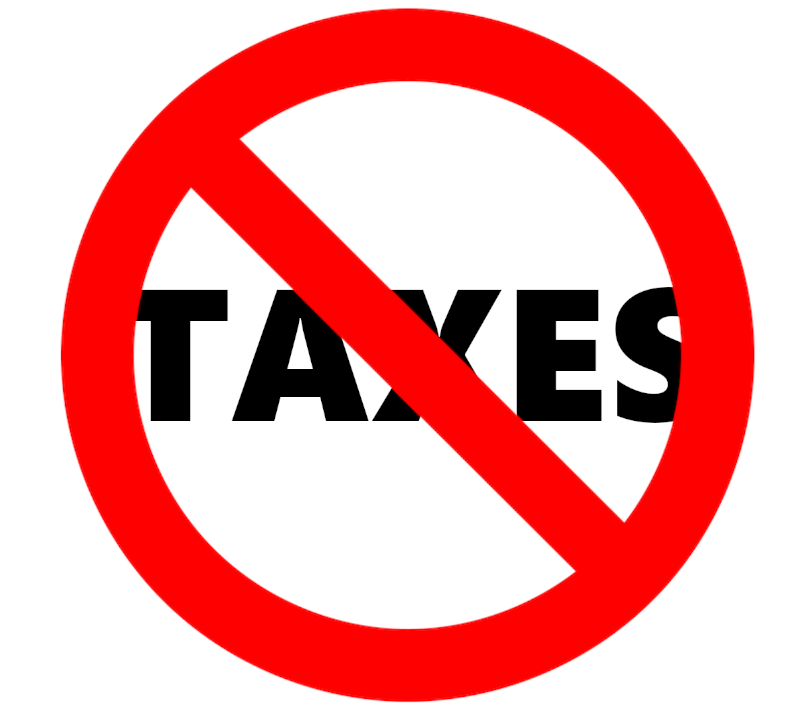
HUNGRY FOR YOUR TAX DOLLARS
Picture by Anxelli84 used under Creative Commons Attribution-Share Alike 4.0 International license
When Governor Jay Robert “J.B.” Pritzker entered office, he promised to make reforms and tax the hell out of Illinois residents. So far, we haven’t seen many reforms, but we have witnessed a virtual tsunami of taxes coming from Springfield, sweeping away taxpayers. With the blessing of the soon-to-be-ousted Illinois Speaker of the House Michael Madigan, the Pritzker administration hiked vehicle registration fees, increased the tax on cigarettes, raised a parking tax, and doubled the gas tax. Additionally, Pritzker almost got away with one of the largest income tax hikes in Illinois history. When voters rejected the tax increase, Pritzker’s administration promised vengeance, with a threatened 20% increase to the Illinois income tax if Pritzker did not get his way.
“Any new state tax increases on anything is unconscionable,” said Matthew Schultz, Executive Director of Taxpayers United of America (TUA). “No matter what you may believe about the lockdowns, it is a fact that they decimated the Illinois economy, and Pritzker has done nothing to alleviate the damage. He has only acted to make things worse.”
“Besides Pritzker’s state income tax increase amendment that taxpayers repudiated last year, Pritzker has overseen another stealth state gasoline tax increase of 11.4 cents that started this year. Few taxpayers even know about it, because the bill Pritzker signed makes it go up automatically.”
“On top of that, Pritzker announced his plan to withhold federal COVID-19 relief funds from small businesses to help fill the state budget deficit. Congress approved federal tax relief to help businesses recover some losses during the pandemic. The governor declared that he could suspend those tax breaks in Illinois and still require businesses to pay the state.”
“The worst part? The money Pritzker is trying to bleed from a stone is to be used for retired Illinois government-employee pensions—the primary cause of Illinois’s budget deficit. Tax dollars are being drained from the suffering to support the lavish lifestyle of retired government employees.”
“Pritzker is the kind of man that will trip you up, kick you while you’re down, then sit on you because kicking made him tired. Illinois is worse off since he took office, and everyone knows it. Illinois lost another 80,000 residents in 2020, and it is entirely Pritzker’s fault.”
“There are many solutions that can fix Illinois. The Pritzker status quo of higher taxes is not one of them. Taxpayers already have spoken out once against higher taxes, and woe to the new speaker of the house who will be tasked with trying to raise the state income tax again. It is time for Springfield lawmakers to reject Pritzker, and embrace reality.”








